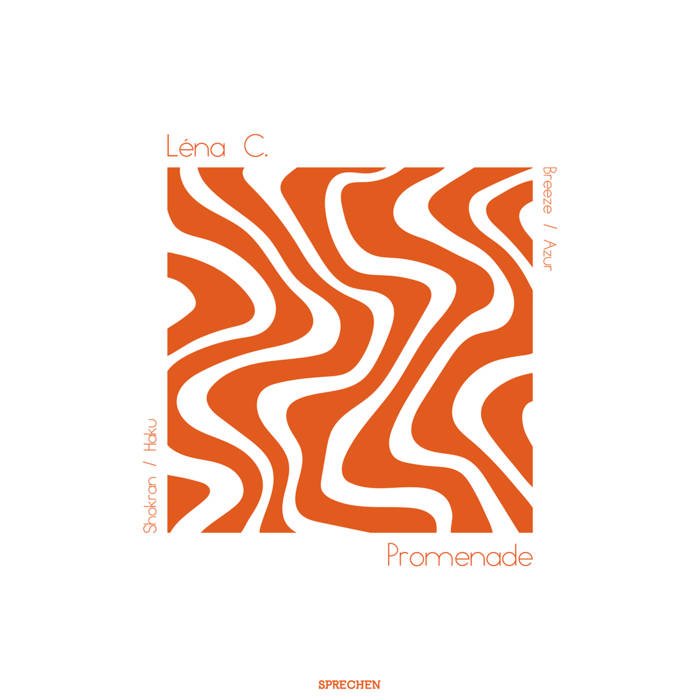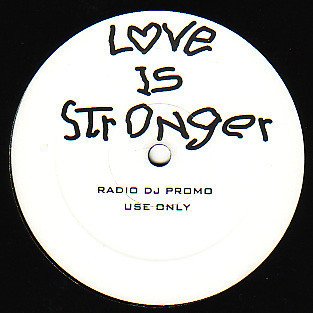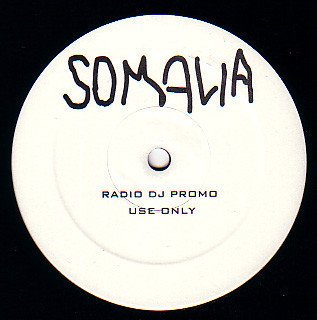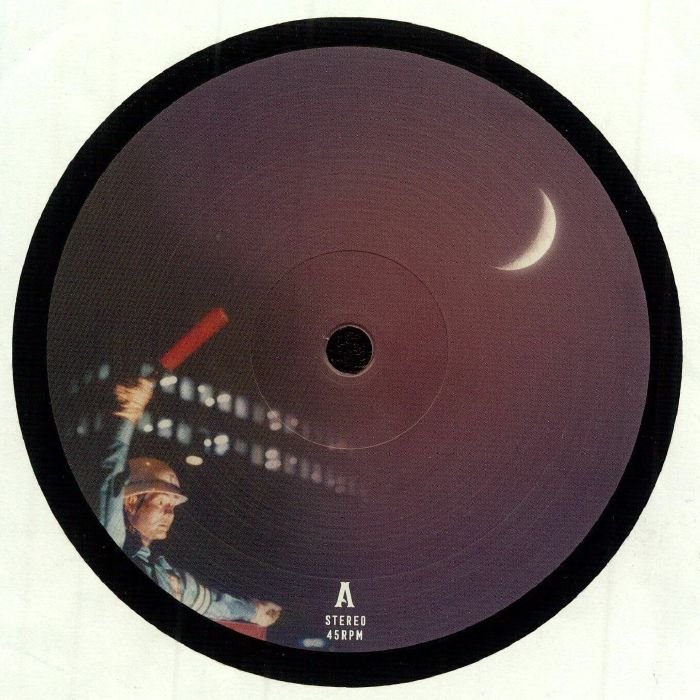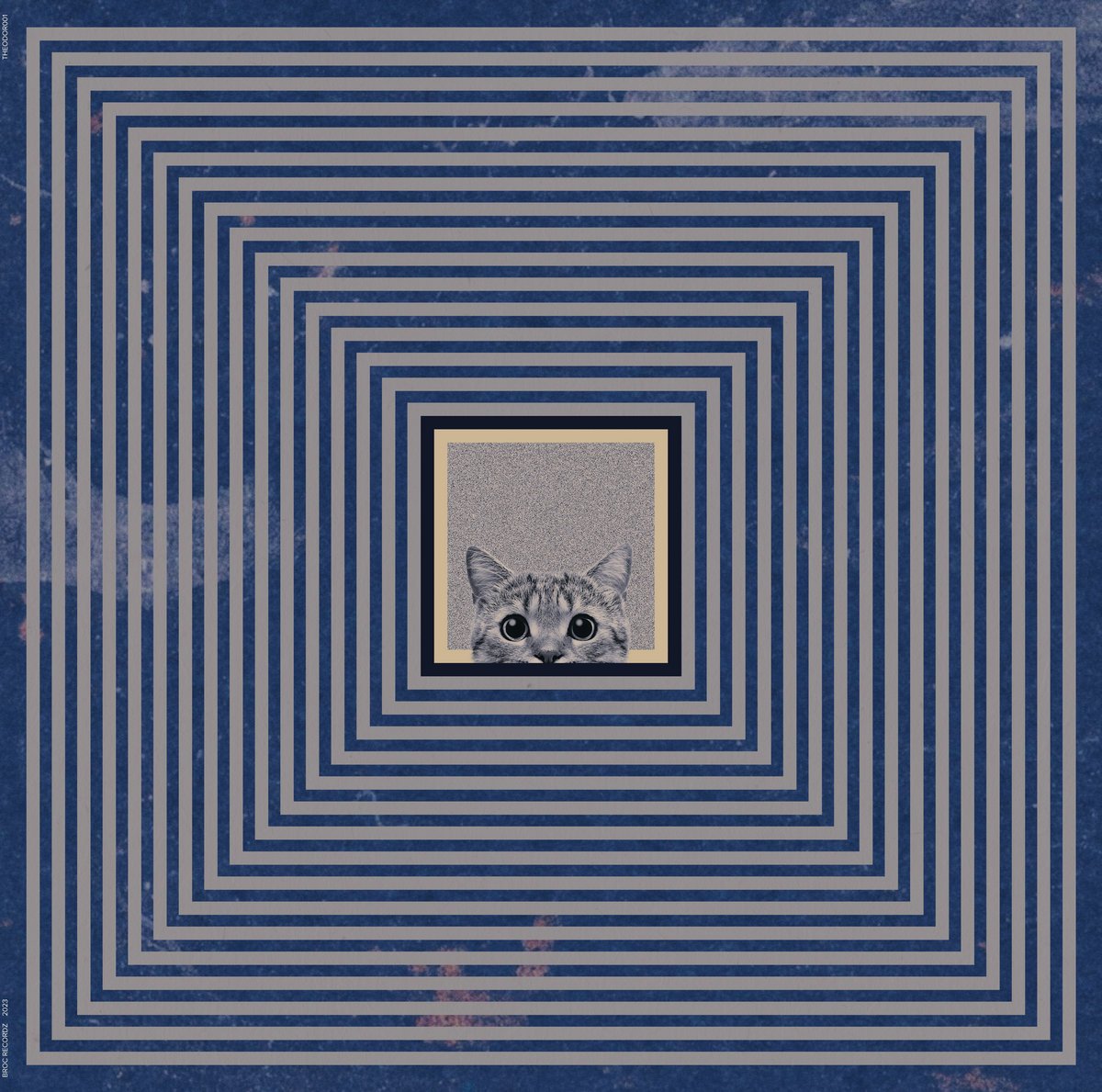 Image 1 of
Image 1 of


Teis Ortved. Parks At Night.
Vinyl LP.
Electronic - Beats - Jazz - Denmark
Vinyl LP.
Electronic - Beats - Jazz - Denmark
Vinyl LP.
Electronic - Beats - Jazz - Denmark
We are delighted to present a raw, young talent from Copenhagen - the city of fairy tales. Indeed, Parks at Night, the debut album from 17 years old Teis Ortved, could very easily provide the soundtrack for a recently unearthed Hans Christian Anderson story. In fourteen moves, the devoted multi-instrumentalist tells us the tale of his relatively short journey so far with confidence that belies his age. There's no ego or showboating here as this modest musician brings together seemingly disparate technologies with apparent ease, marrying sequenced beats and plaintive pianos overlaid by ethereal vocals that take his very special music somewhere other-worldly.
To fully appreciate Teis' universe we need to dip a toe into his upbringing, his wonder years and the family unit that has had so much influence on his fascinating musical output. Both his father and mother are musicians - the former having previously been a drummer in a danish band, and almost from birth, Teis would sleep backstage at his parents shows. Teis has been immersed in music his whole life - even his sister is a renowned violinist. There was no escape from the arts in the Ortved household, nor was there been any desire to do so, which probably explains the sense of calmness in Teis' productions. His music feels like a pleasure; a natural outlet; one that's never been stifled and always been encouraged.
"I'd mostly play piano but also drums and the occasional bass. The saxophone came in a bit later when I was 12 or 13, around the time I began to get into jazz-territory types of stuff." Teis Ortved
Like any good tale, Parks At Night opens with a beguiling introduction that draws you in. I Don't Like Dreaming was written when Teis was holed up in a cabin in the woods, with most of the sounds coming from a single keyboard. The physical and musical restrictions allowed him to experiment and broaden his use of the sax and vocoder to spine tingling effect. An effect that follows through into the beat laden Moments, where sprightly piano, brass and those mesmeric wordless vocals trade places before surrendering themselves to a lush synthesised finale. The vocal layers take his music somewhere ethereal throughout, add something softer to counterbalance the programmed beats, although nothing ever feels at odds with anything else. This communication between generations of instrumentation is akin to the musical communication within Teis' home between parents and child. About Right continues the instrumental hip hop aesthetic with its steady drum patterns, before Relative provides an unexpected plot twist as pads scatter and fracture and Teis picks up the pace before once again immersing us in lashings of luxurious keys and brass. Sequencers feel like an extension of his musicianship rather than something bolted on to traditional instrumentation. They have their own solos as well as the "live" instruments and pass in and out of the conversation that is 'jazz'. As we reach the title piece, a key moment in any story, more space is opened up for the musician's various voices to tell their part, until Later That Night the sound of the syncopated drum returns to duet with swirling horns and take us almost to the midpoint of the story. Damn, despite its assertive title, is a tender moment that moves us on neatly to Dreamfunk, an assured interlude at the centre of this esoteric LP. After a vibraphonic introduction, Cliff continues the confident tone, with brass and piano maintaining their beguiling exchange, whereas Silence lets the piano shine against deft drums and lush strings. Those piano keys gather pace and confidence during the dramatic Aight, before settling down to Leave with saxophones, xylophones and violins combining to take us somewhere quite emotional and climactic. The story's not quite over there though as Shade provides the dark side of its predecessor with a similar refrain offering a perhaps more tenebrous ending to this tale. And like all good tales, it needs an epilogue - in this case an Aaaaaoutro - where Teis' physical voice has the final word.


